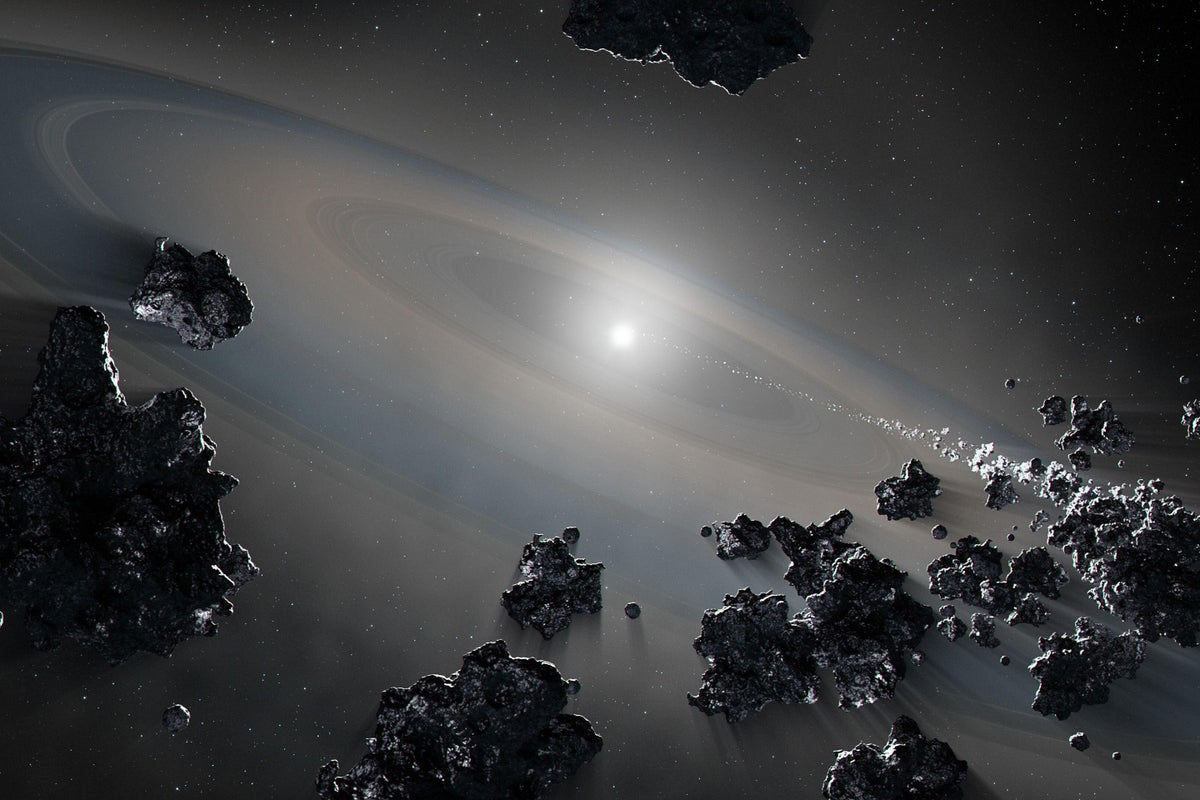#Universe
#Universe
[ follow ]
#cosmology #big-bang #astrophysics #physics #astronomy #black-holes #astrobiology #science #dark-energy #dark-matter
fromBig Think
6 months agoHow two freak accidents shaped human evolution
The odds that any given planet's gonna have complex life, I mean, this is really an opinion because we don't know about life anywhere else in the universe, but most of the scientists that I know and think about this deeply, I think the likelihood of life elsewhere is very high. It may not be the sort of life we're used to. It's not giraffes and redwood trees, but at least things like microbes.
Science
fromBig Think
6 months agoAsk Ethan: Why do scientists avoid the possibility of God?
The method has been tremendously successful for science, as we've discovered what makes up the Universe, in what proportion, and what the force laws are that govern physical scales ranging from the subatomic to the cosmological.
philosophy
[ Load more ]








